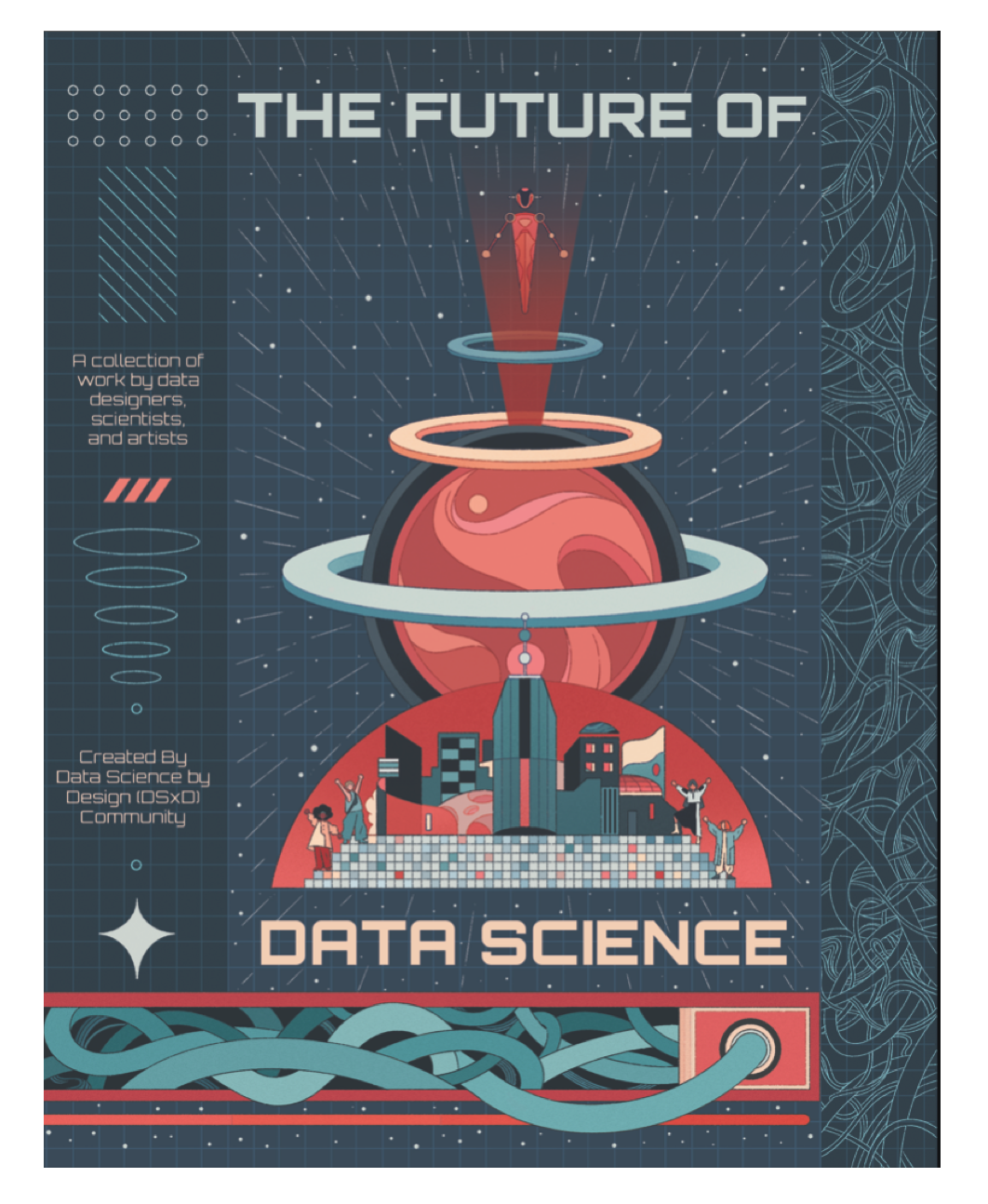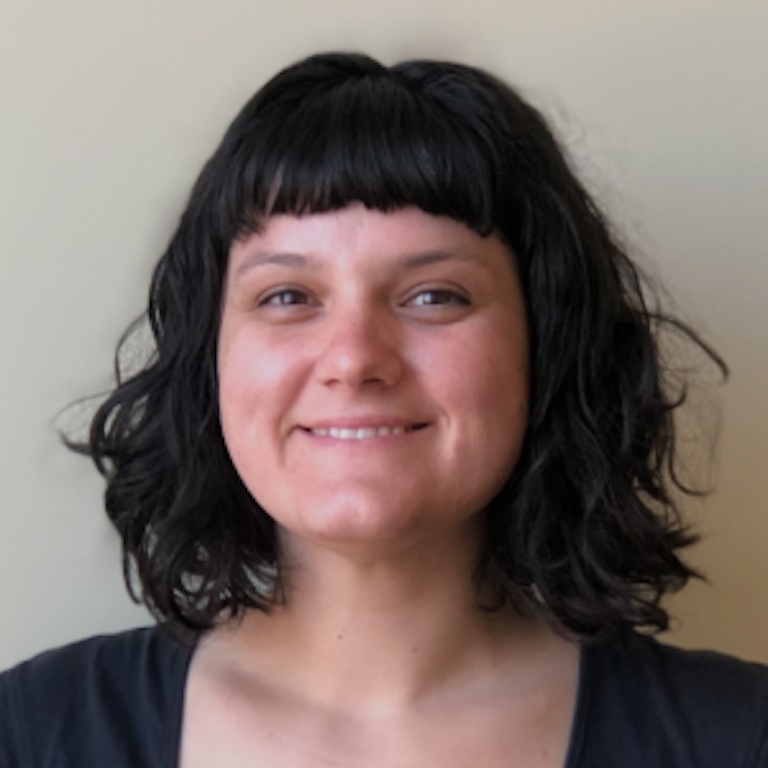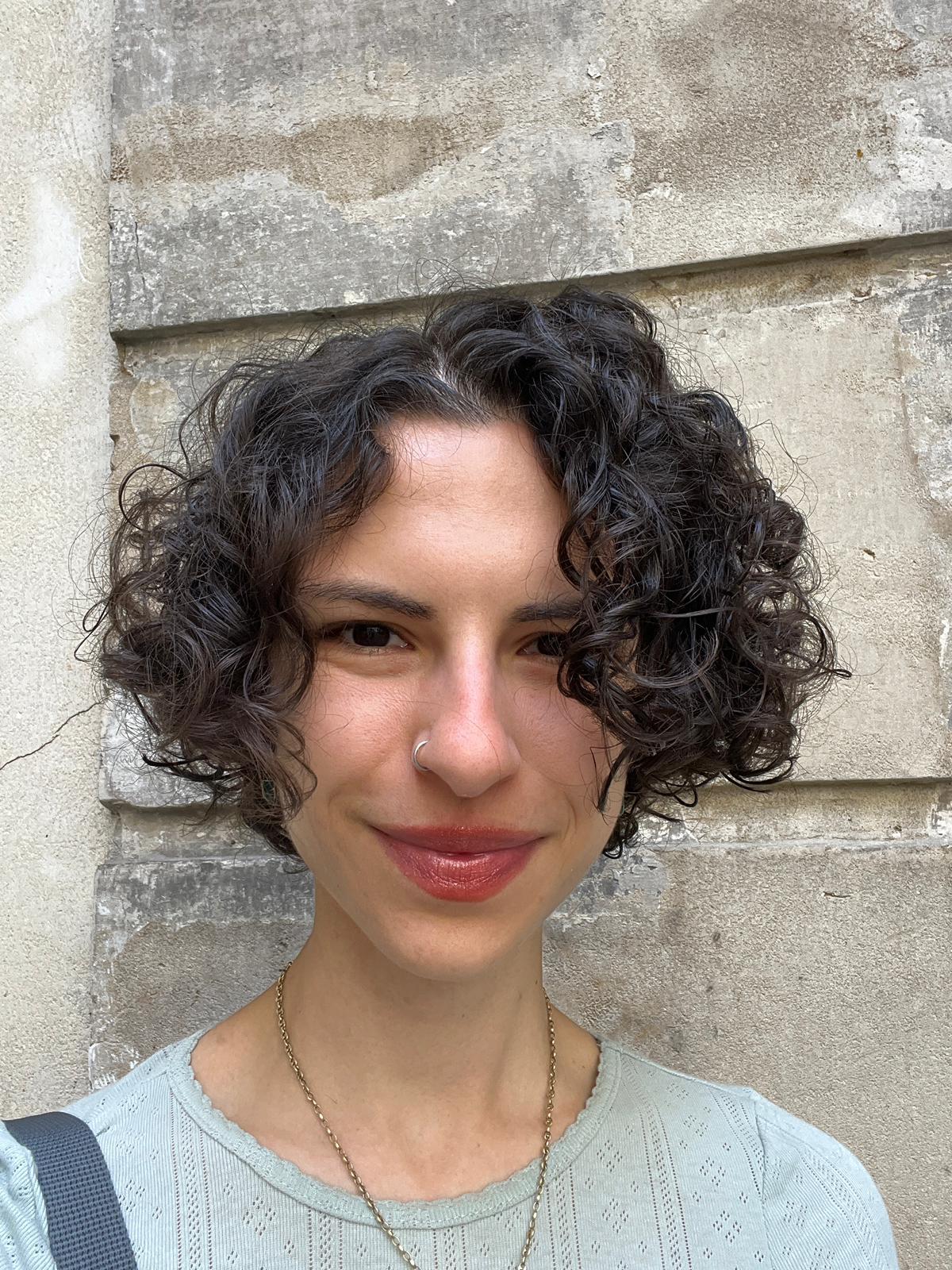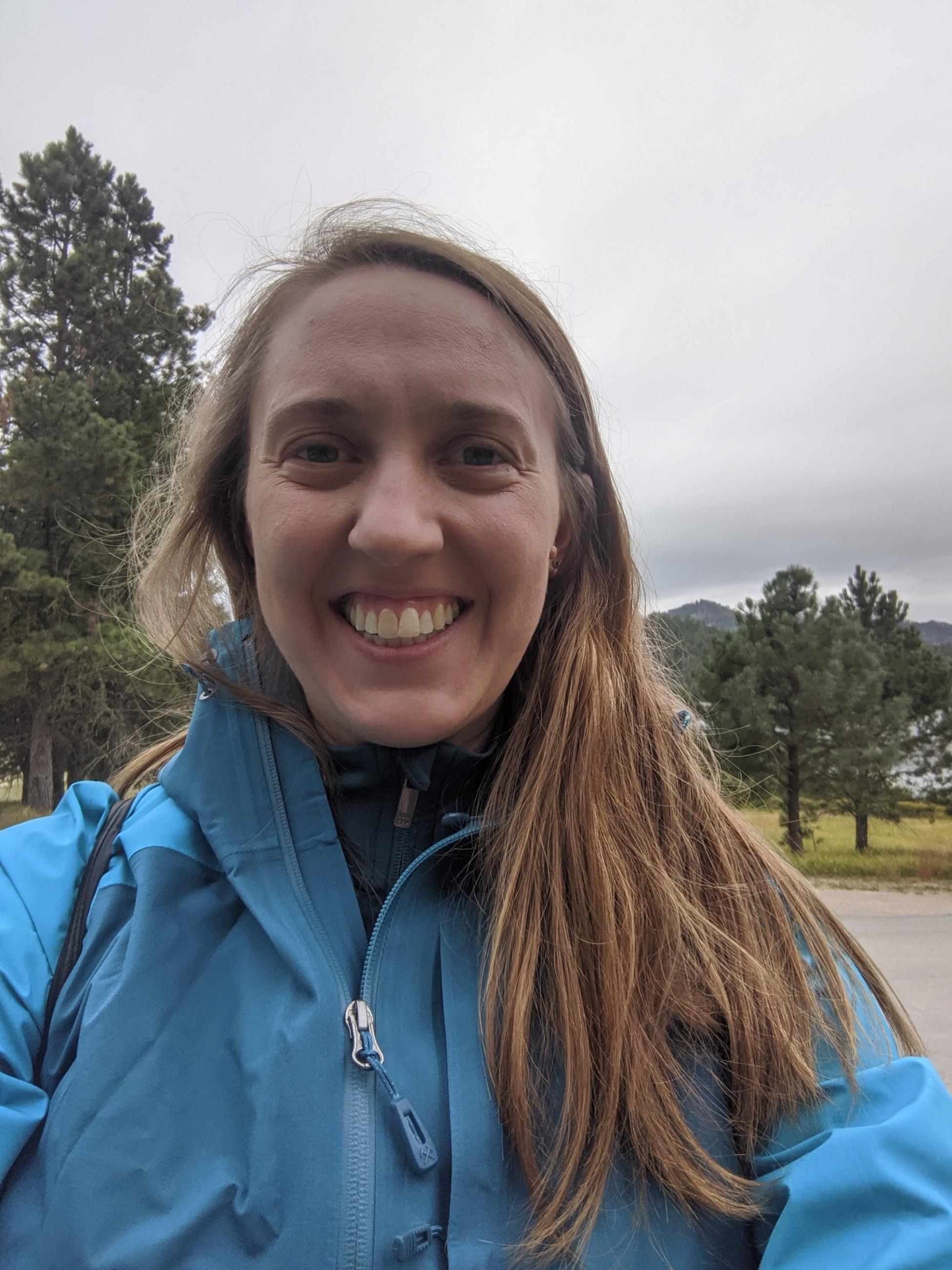
Designers, artists and scientists celebrated the creativity of data science and called for a more inclusive, transparent and ethically-focused field in a new anthology published this month.
The Future of Data Science aims to diversify whose voices are heard in data-centered spaces and what modes of storytelling and platforms are available to them. The book is a product of Data Science by Design (DSxD), a grant-funded organization with the same mission.
“We wanted to open up and redefine what data science is and to make it more inclusive,” said Ciera Martinez, biology and environmental sciences lead for UC Berkeley’s Berkeley Institute for Data Science (BIDS) and one of the founders of the DSxD community. “We hope the anthology inspires others to put their voice out there [and] that people can relate to it.”
The field of data science is often lionized for its ability to execute cost-saving efficiencies. It’s also a lucrative career. But at a time when many big technology companies are under scrutiny for allegedly unethical practices or silencing critics, the DSxD community’s efforts spotlight an alternative way to think and communicate about data and data science.
“Data science is a way to explore anything that interests you and to uncover hidden realities, whether that be a beautiful truth or ugly realities,” Martinez said. This community and anthology offers for people with a similar ethos “a concrete example that we do have a place within data science, and it’s a bigger group than we thought.”
The DSxD organization has received funding from Code for Science and Society and an Academic Data Science Alliance Career Development Network. BIDS, an affiliate of Berkeley’s Division of Computing, Data Science and Society, has also given support.

The Anthology
Martinez and her Data Science by Design co-founders – Bucknell University assistant statistics professor Sara Stoudt and Berkeley graduate student Váleri Vásquez – announced the creation of this community in 2021. The three, who met while working at BIDS, intended the group to celebrate the beauty in data and make data analysis and science processes more transparent and accessible to those outside the field.
To build a sense of virtual community during the pandemic and to foster meaningful discussions on these issues at virtual events, they focused the group’s initial efforts on creating a published work. This would also diversify who gets to take part in published data science conversations by providing an alternative, lower effort, more accessible format than an academic paper. They would compensate creators, where possible.

The book is for people who want to create “a more ethical, inclusive and just beautiful future” for the data science field, Martinez said. It includes 19 essays, pieces of art and more by 25 contributors from the DSxD community and beyond. The work spans everything from a “zine” on making data more accessible to an article envisioning the future of public data in Africa.
Max Graze, a member of the DSxD community and a data visualization engineer at Mural, said many people she’s spoken with don’t understand the work occurring in data-centered spaces. The anthology can help demystify it and, she hopes, expand how the public thinks about the possibilities of data.
“It's giving the general public a little peek into the creative side of data science or data visualization,” said Graze, who authored the anthology entry Encoding fermentation: A multisensory approach to understanding fermentation data. With data “you can explore anything that you want. It's a very, very powerful tool.”
The DSxD Community
The anthology is just the first step for the DSxD community, which now has 91 members, has held one virtual 2-day conference, two in-person gathering events and started a related biweekly book club. The community will decide together if they’ll publish another anthology, Martinez said.

Regardless, the group is excited to continue its own conversations. Through their events and private Slack channel, the members have gotten to meet and learn from each other, to share related opportunities and to provide support for each other as they bring their conversations about ethics in data to their workplaces, community members said.
For some members like Tim Schoof, it’s altered what kind of work they see as data science, how they think about communicating the stories of data and how data connects to society. Schoof, who created the anthology piece The future of data science includes slow data science, said it’s changing how she approaches her own data science work.
“I'm starting to think much more about the broader implications of what I do with the data that I work with, what effects it has on different people and the communication side of it as well,” said Schoof, a research scientist at Advanced Bionics, a cochlear implants company. “I think about, ‘What is the story I want to tell and how does my perspective of things affect how I tell that story?’”
